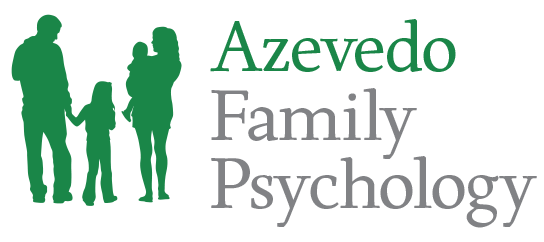
Cultivating Healthy Self-Esteem
September 20, 2023
Coping Strategies for Seasonal Affective Disorder
November 30, 2023As the years go by, the roles we play in our family dynamic evolve. While once our parents cared for us, the time comes when the tables turn, and we find ourselves becoming caregivers for our aging parents. This transition can bring about a number of challenges and emotions, as we strive to provide the best possible care while juggling our own responsibilities. Let’s explore some of the common challenges of elder care and offer tips on coping with and supporting our aging parents during this critical phase of life.
Acknowledge the Role Reversal
It can be emotionally challenging to see our parents age and become more dependent on us. It’s essential to give ourselves permission to experience these feelings and seek support from friends, family, or a therapist if needed. Take the time to educate yourself about the specific needs and challenges that accompany aging. Learn about common health conditions among the elderly, available resources, and potential financial implications. Armed with knowledge, you’ll be better equipped to provide appropriate care and make informed decisions.
Create a Care Plan
Collaborate with your aging parents to create a comprehensive care plan. Address their medical, emotional, and social needs. Consider seeking advice from healthcare professionals to ensure the plan is well-rounded and tailored to their unique circumstances. Effective communication is the cornerstone of any healthy relationship, including caregiving. Engage in open and honest conversations with your aging parents about their needs, preferences, and wishes. By actively listening and respecting their autonomy, you can create a supportive environment that fosters trust and cooperation.
Prioritize Self-Care
Caring for aging parents can be overwhelming, especially if you have your own family and career to manage. Set realistic expectations for yourself and avoid over-committing. Accept that you might not be able to do everything on your own and be open to seeking help from other family members, friends, or professional caregivers.
Remember, you cannot pour from an empty cup. Caring for yourself is just as important as caring for your aging parents. Prioritize self-care activities such as exercise, hobbies, spending time with loved ones, or seeking respite care when needed. Taking care of yourself ensures you have the energy and emotional strength to be a better caregiver.
Reaching out for professional advice and assistance is always an option, as there are numerous resources available to support both caregivers and their aging loved ones. If you think therapy may help support you through these emotional challenges, don’t hesitate to schedule an appointment with the Azevedo team.




